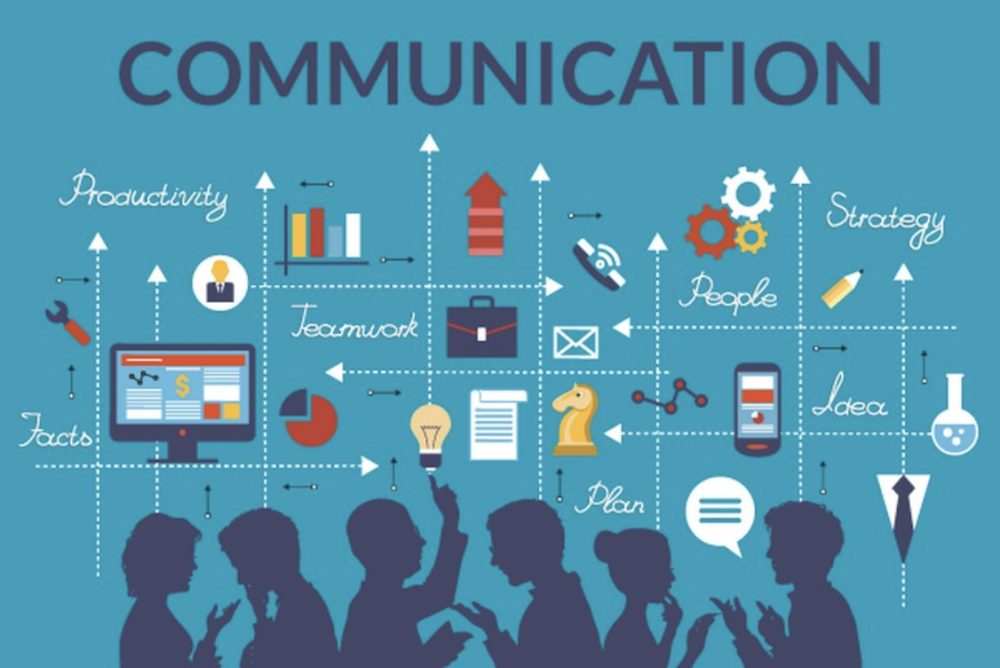Conflict is an inevitable part of any business environment. Whether it arises between employees, departments, or even business partners, effectively managing and resolving conflicts is essential for maintaining a productive and harmonious workplace. According to quasibusiness.com, businesses that proactively address conflicts tend to have higher employee satisfaction and overall efficiency.
Understanding Business Conflicts
Business conflicts can arise from various sources, such as miscommunication, competition for resources, personality clashes, and differences in goals or values. While some conflicts can be constructive and lead to innovation, unresolved disputes can create a toxic work environment, decrease productivity, and negatively impact a company’s reputation.
Common Types of Business Conflicts
- Interpersonal Conflicts: These occur when employees or teams have personal differences that affect their professional interactions.
- Leadership Conflicts: Differences in leadership styles or decision-making approaches can lead to friction between managers and employees.
- Task-Related Conflicts: These arise when employees disagree on how a particular task should be performed or prioritized.
- Resource Conflicts: Limited resources, such as budget or workforce, can lead to disputes over allocation and access.
- Organizational Conflicts: Structural issues within a company, such as unclear job roles or policies, can cause confusion and disagreements.
Effective Conflict Resolution Strategies
Businesses must adopt effective strategies to address conflicts before they escalate. Here are some proven methods:
1. Open and Honest Communication
Encouraging open dialogue allows employees to express their concerns and perspectives. Active listening and empathy play a crucial role in understanding different viewpoints and finding common ground.
2. Mediation and Third-Party Intervention
When conflicts become difficult to resolve internally, a neutral third party, such as a mediator or HR professional, can facilitate discussions and help reach a fair resolution.
3. Establishing Clear Policies and Expectations
Having well-defined company policies and expectations regarding workplace behavior, roles, and responsibilities can prevent misunderstandings and conflicts.
4. Training and Conflict Resolution Workshops
Providing employees and managers with conflict resolution training can equip them with the skills needed to handle disputes effectively and professionally.
5. Finding a Win-Win Solution
A collaborative approach, where both parties work together to find a mutually beneficial solution, often leads to more sustainable resolutions than a win-lose scenario.
The Role of Leadership in Conflict Resolution
Leaders play a pivotal role in setting the tone for conflict resolution within a business. Effective leaders:
- Foster a culture of transparency and open communication.
- Address conflicts proactively rather than allowing them to fester.
- Lead by example in handling disputes calmly and professionally.
- Encourage teamwork and collaboration.
Benefits of Effective Conflict Resolution
Properly managed conflict can lead to several benefits, including:
- Enhanced Teamwork: Resolving conflicts fosters stronger relationships and better collaboration among employees.
- Increased Productivity: A harmonious work environment allows employees to focus on their tasks without distractions.
- Innovation and Growth: Constructive disagreements can lead to creative solutions and new ideas.
- Improved Employee Retention: A workplace that values conflict resolution contributes to job satisfaction and employee loyalty.
Conclusion
Conflict resolution in business is not about eliminating disagreements entirely but managing them in a way that leads to positive outcomes. By fostering open communication, implementing structured resolution strategies, and encouraging leadership involvement, businesses can create a more productive and cooperative workplace. Addressing conflicts effectively not only strengthens professional relationships but also contributes to the long-term success of an organization.




